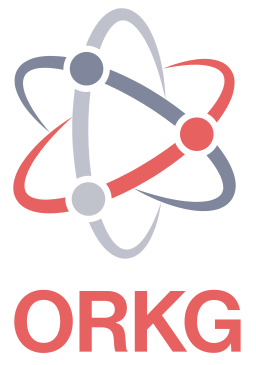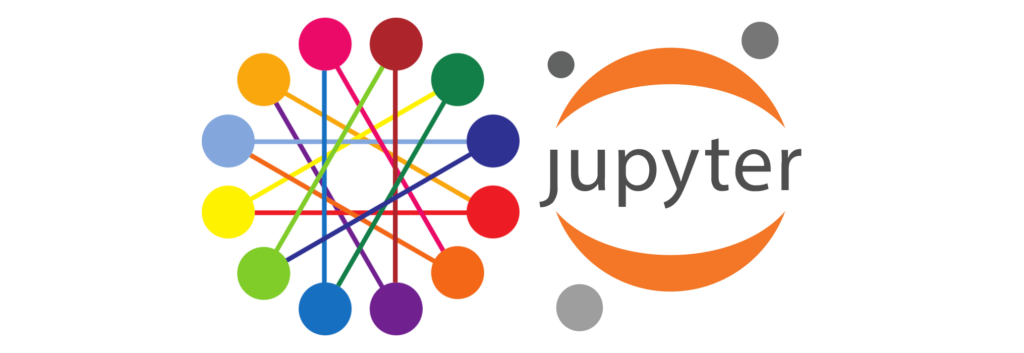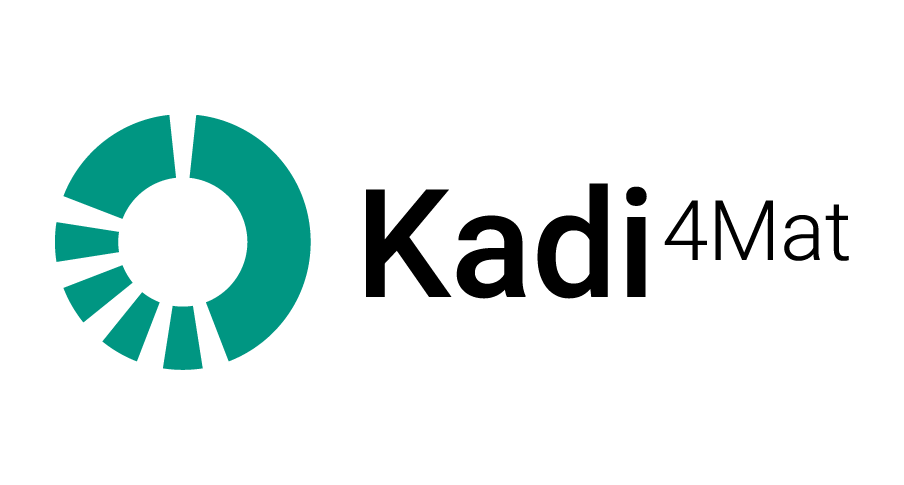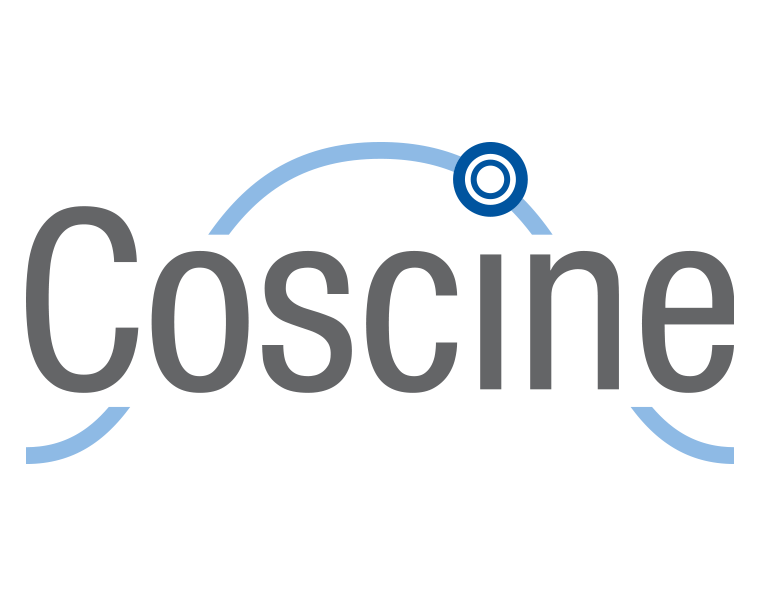
Open Research Knowledge Graph (ORKG)
The Open Research Knowledge Graph (ORKG) helps researchers find, compare, and reuse scientific findings efficiently. User can organize research contributions semantically so that both humans and machines can easily understand and use them. With ORKG, you can explore knowledge across various disciplines, stay updated, and collaborate on new research. Additionally, ORKG enhances the visibility of research outputs, facilitating better discovery and innovation in the scientific community.




